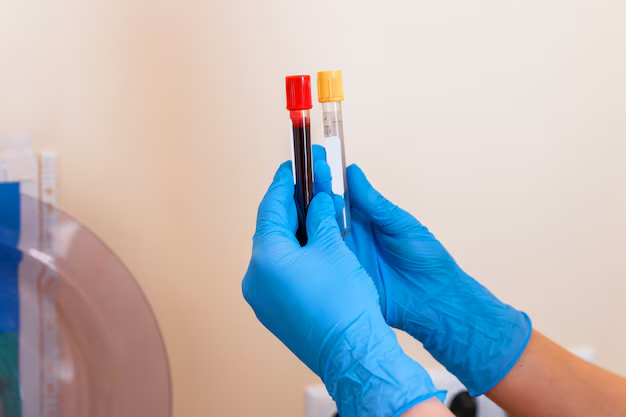How to Become a Phlebotomist Near Me: Essential Degrees and Certifications
Embarking on the path to becoming a phlebotomist offers a gateway into the healthcare field, marked by both opportunity and demand. A phlebotomist's primary role is to draw blood for tests, donations, or research, requiring precision, skill, and compassion. Although a college degree is generally not a necessity, completing a certified phlebotomy training program is essential. These programs are typically offered at community colleges, technical schools, or vocational institutions, and usually take less than a year to complete.
Certification, while optional in some states, significantly enhances employability and credibility. Recognized certifying bodies like the American Society for Clinical Pathology (ASCP), National Phlebotomy Association (NPA), and the American Medical Technologists (AMT) offer nationally acknowledged credentials. Many employers prefer or even require certification, ensuring that their phlebotomists meet the highest standards of practice. By acquiring the appropriate education and certification, individuals can position themselves for a successful career in this vital healthcare position.
Relevant Degrees, Certifications, and Licenses:
- 🎓 High School Diploma/GED: Basic education requirement.
- 🏫 Phlebotomy Training Program: Offered by community colleges or vocational schools.
- 📜 Certification:
- American Society for Clinical Pathology (ASCP)
- National Phlebotomy Association (NPA)
- American Medical Technologists (AMT)
- 🛂 State License: Required in certain states (check local regulations).

Related Topics
- Becoming Dental Hygienist
- Becoming A Phlebotomist
- Dental Hygienist Duration
- Dialysis Tech Timeline
- Dialysis Technician Timeline
- Flight Paramedic Duration
- Hygienist Timeline
- Become Lab Tech
- Mammography Tech Timeline
- MRI Technologist Duration
- Nurse Technician Timeline
- Pathologist Assistant Timeline
- Pediatric Sonographer Timeline
- Pharm Tech Timeline
- Pharmacy Technician Timeline